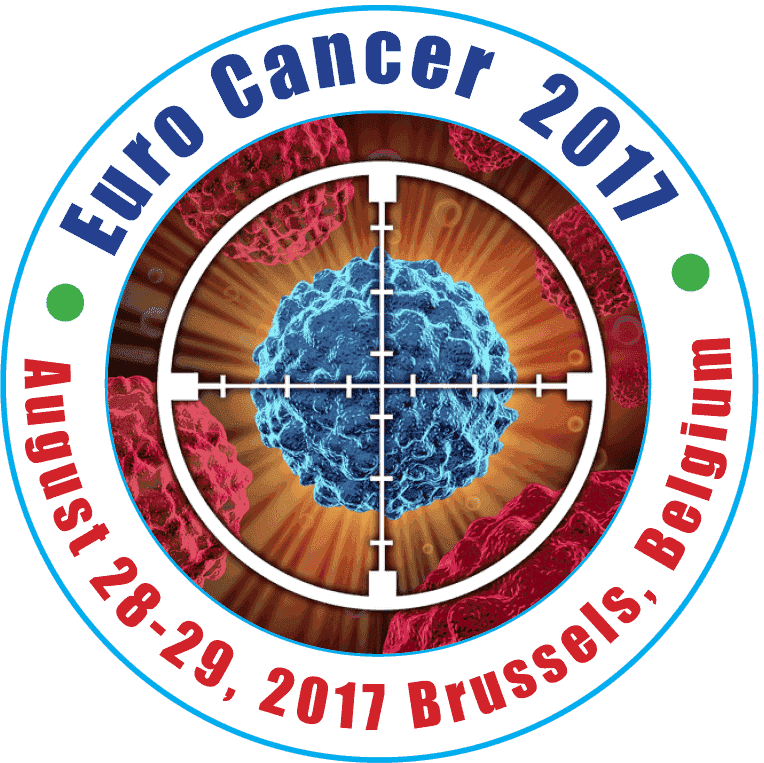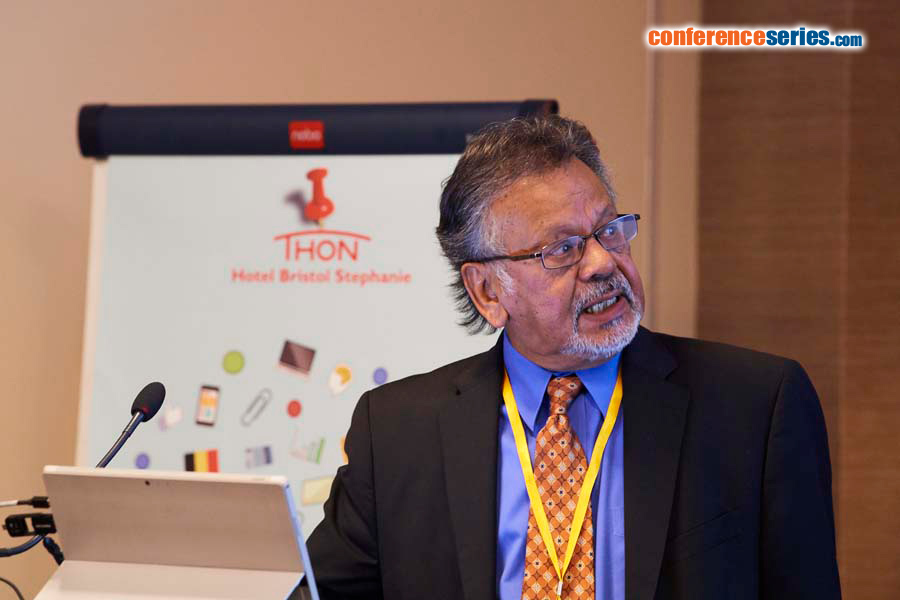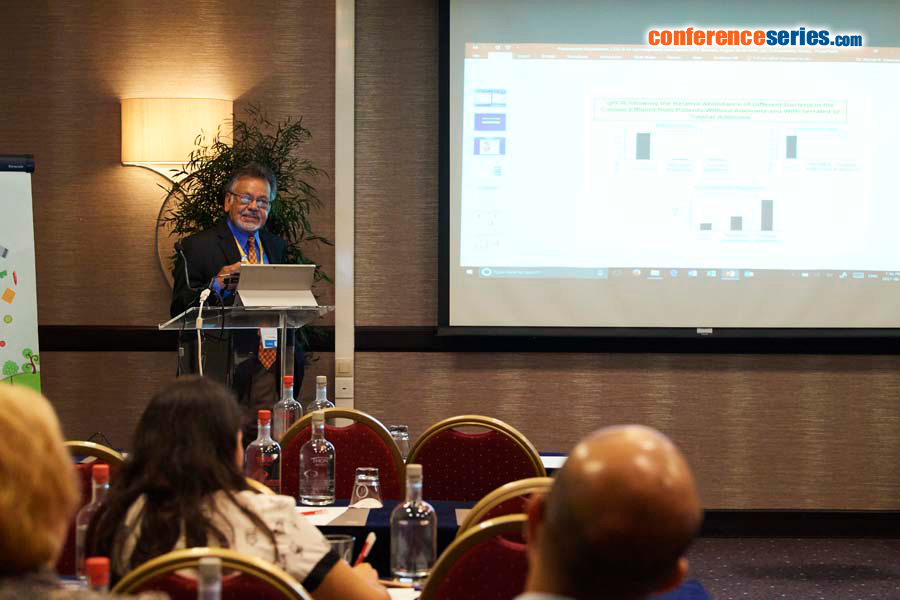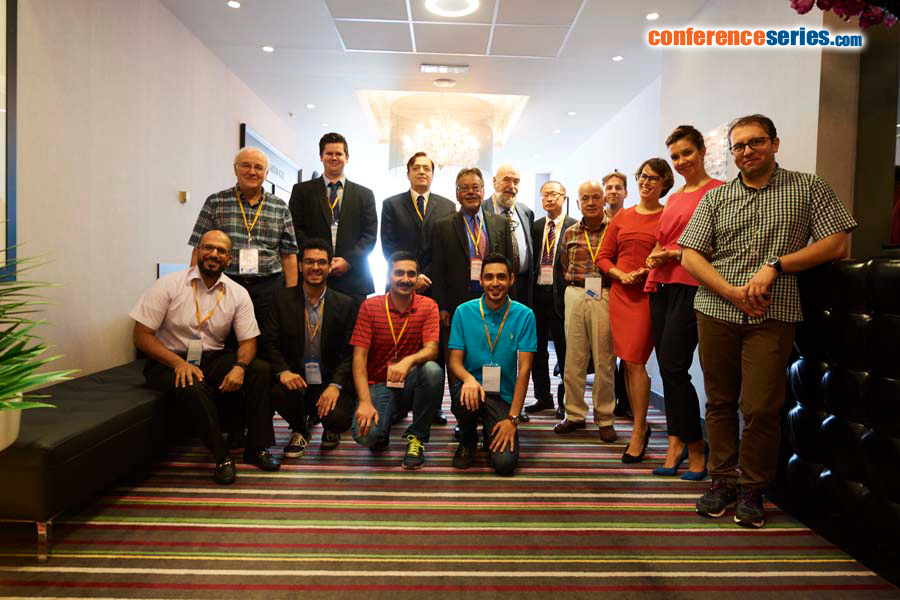
Adhip P N Majumdar
Wayne State University, USA
Title: Gut microbiome regulation of cancer stem cells and colon carcinogenesis
Biography
Biography: Adhip P N Majumdar
Abstract
Colorectal cancer (CRC), whose incidence increases markedly after the age of 50 years, is a multi-step process resulting from accumulation of mutations during progression from normal epithelium to carcinoma. Loss or inactivation of the tumor suppressor gene in adenomatous polyposis coli (Apc) initiates genomic instability that is thought to produce the phenotypic appearance of an adenoma. Increasing evidence suggests that pluripotent cancer stem cells (CSCs) are involved in the development and progression of many types of malignancies, including CRC. Earlier, we reported that patients with ≥3 adenomas (High-risk for CRC) exhibit a marked increase in CSCs in the colon than those without adenomas. Although the regulatory mechanisms for this increase in CCSs are poorly understood, we have suggested a role for secondary bile acids in the intestine, specifically deoxycholic (DCA) and lithocholic (LCA) acids, bio-transformed by gut microbiota, in regulating this process. Indeed, we observed a marked rise in Fusobacterium nucleatum and Enterobacterium (in High-risk CRC patients. An opposite phenomenon was noted both are associated with CRC) for the anti-inflammatory Bifidobacteria and for probiotic Lactobacillus acidophilus. Among the secondary bile acids, DCA and LCA are thought to be the most significant with respect to the development of CRC. Interestingly, we found the levels of DCA and LCA in the colon of High-risk (HR) CRC patients to be markedly higher than those at lower risk (LR) for CRC. Interestingly, we found DCA and/or LCA to induce not only mutations of CRC initiating genes such as β-catenin but also CSCs in normal human colonic epithelial cells, as evidenced by increased colon sphere formation and elevated expression of several CSC markers as well as MMP-2, accompanied by an induction in drug exclusion and increased expression of multiple drug resistance (MDR) transporters ABCB1 and ABCG2. Our observations suggest that alterations in specific gut micro-organisms resulting in increase in DCA and LCA that induce stemness in colonic mucosal cells where CRC-initiating genes are mutated are responsible for the development of sporadic
CRC.





